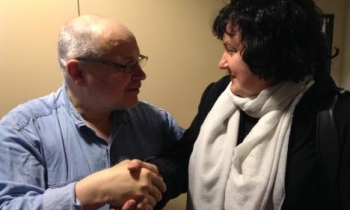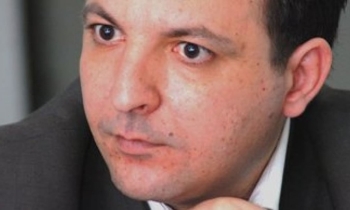IN A nation where corruption is often just another day at the office, it was a gratifying victory for freedom of the press in Indonesia when its supreme court ruled that a magazine had not libeled a businessman.
Corruption is probably the greatest impediment to economic growth and development in Indonesia, the southeast Asian nation that's home to more Muslims than anywhere in the world. Nor does Indonesia have anything like America's First Amendment.
That's why it was a surprise when the high court overturned a lower court's decision. The supreme court established the unusual precedent in reviewing the case not based on the criminal code, but using a 1999 press law that supports the public's right to know and principles of fairness in reporting.
In this case, Bambang Harymurti, editor of Tempo magazine, sort of an Indonesian version of Time Magazine, had been hit with a year-long prison term for defamation and "inciting unrest" after publishing a story alleging that a businessman might benefit from a suspicious fire in a large market.
The high court threw the sentence out.
The case drew international attention, as it focused on a press freedom issue that raised important questions about the public's need to know and journalists thrown into jail for merely doing their jobs. Indonesia's news media are not the most disciplined in the world. However, they are trying shake off what remains from decades of operating under an authoritarian government.
Even so, the press in the still fledgling democratic nation continues to cope with restrictions. Local broadcasters cannot report news from foreign media.
The Indonesian media realize that their triumph could be short-lived, because the courts are not bound by precedent. But the case will stand as an instructive tool for other journalists and the legal community.
Eddy Suprapto, head of the Alliance of Independent Journalists, was on target when he said the victory was not only good for press freedom in Indonesia "but for the people."
Indonesians do not have a free press yet, but they're getting closer.









